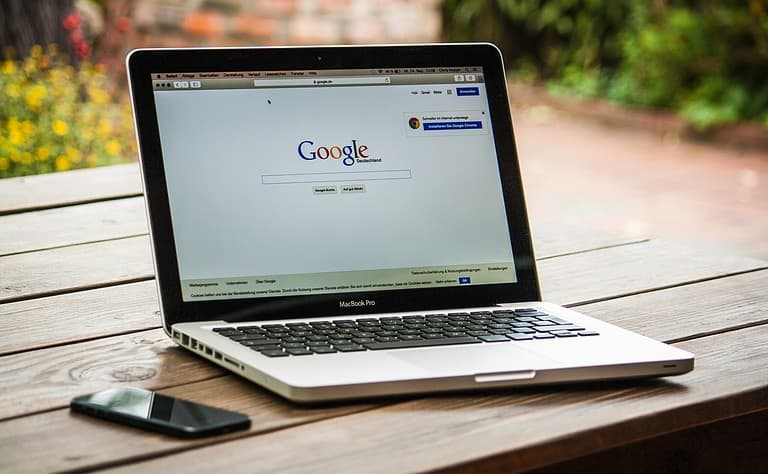The overhaul to its core search engine will endeavor to provide more visual, personal, and “snackable” results. According to the Wall Street Journal, internal documents suggest that the shift will include the integration of generative artificial intelligence as Google faces increased competition from AI startups and Microsoft’s Bing.
The internal documents suggest that Google Search will feature more social media posts and short videos in its search results, deviating from its long-standing reliance on the “10 blue links.”
The search engine is also expected to emphasize providing answers to queries that traditional web results cannot easily answer. This will potentially include follow-up questions and visual elements like TikTok videos. The intention for Google is to help users even when there is no clear-cut answer to their queries, according to executives of the company.
Adding a human voice to the nascent AI industry
One of the goals of the overhaul is to support content creators in the same way that Google Search has historically done for websites, with the documents suggesting that incorporating “human voices” will be a vital part of this shift.
Despite the radical changes, Google executives have reportedly emphasized that using conversational AI features in search products should not cause concern for website owners, partly by including source links.
Google will most likely unveil these new at the annual Google I/O developer conference, which starts on May 10.
What’s on the way?
Google will also debut a new AI project called “Magi” at the event, allowing users to converse with an AI bot. Previous reports say a large group of employees has already tested Magi, which aims to provide users with a more personalized experience based on anticipating user needs.
Whether there is any relationship between Magi and Google’s first generative AI tool, Bard, launched in February, isn’t clear at the moment.
Unfortunately, Bard’s debut wasn’t flawless. The chatbot provided an incorrect answer to a question during a demo, leading to a $120 billion drop in Google’s market cap. Google is unlikely to make the same mistake twice at I/O.
